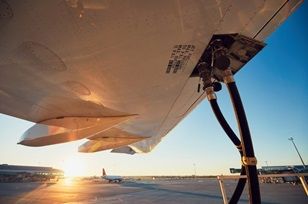Marking a significant achievement for its airspace sector, Saudi Arabia has secured the presidency of one of the International Civil Aviation Organization’s top committees. Bader Al-Sagri will serve as the Kingdom’s representative on the Aviation Security Committee for 2023-2024, with the announcement made during the 229th session of the ICAO’s council meeting in Montreal, Canada. The move means Saudi Arabia will play a crucial role in providing recommendations on policies, strategic directions and planning activities.
The committee’s responsibilities also include offering consultations on global standards and security recommendations, assessing emerging threats to international civil aviation, and implementing necessary measures to safeguard the industry from unlawful interference.
Saudi Arabia’s presidency of the Aviation Security Committee strengthens its ongoing commitment to ensure the safety and security of the global air transport system. It also underscores the Kingdom’s influence in international civil aviation forums and regional organisations. Notably, Saudi Arabia also chairs several committees in the Arab Civil Aviation Organization, including its own Aviation Security Committee.
ACAO’s confidence in the competence of Saudi professionals positively reflects the Kingdom’s ability to effectively manage committees in international organisations.
Moreover, Saudi Arabia has demonstrated its commitment to global civil aviation by launching various programs and initiatives.
The Kingdom actively dispatches Saudi experts to work in specialised organisations in addition to hosting the permanent headquarters of key entities such as the ICAO’s Cooperative Aviation Security Program Middle East and the ICAO’s Regional Safety Oversight Organization for Middle East and North Africa.
Furthermore, in an effort to achieve Vision 2030 goals, Saudi Arabia is set to host the 15th International Conference on Air Services Negotiations of the ICAO in December 2023.
According to the Civil Aviation Sector Strategy, the Kingdom is aiming to enhance air connectivity to 250 destinations worldwide, transporting 330 million passengers by 2030.








